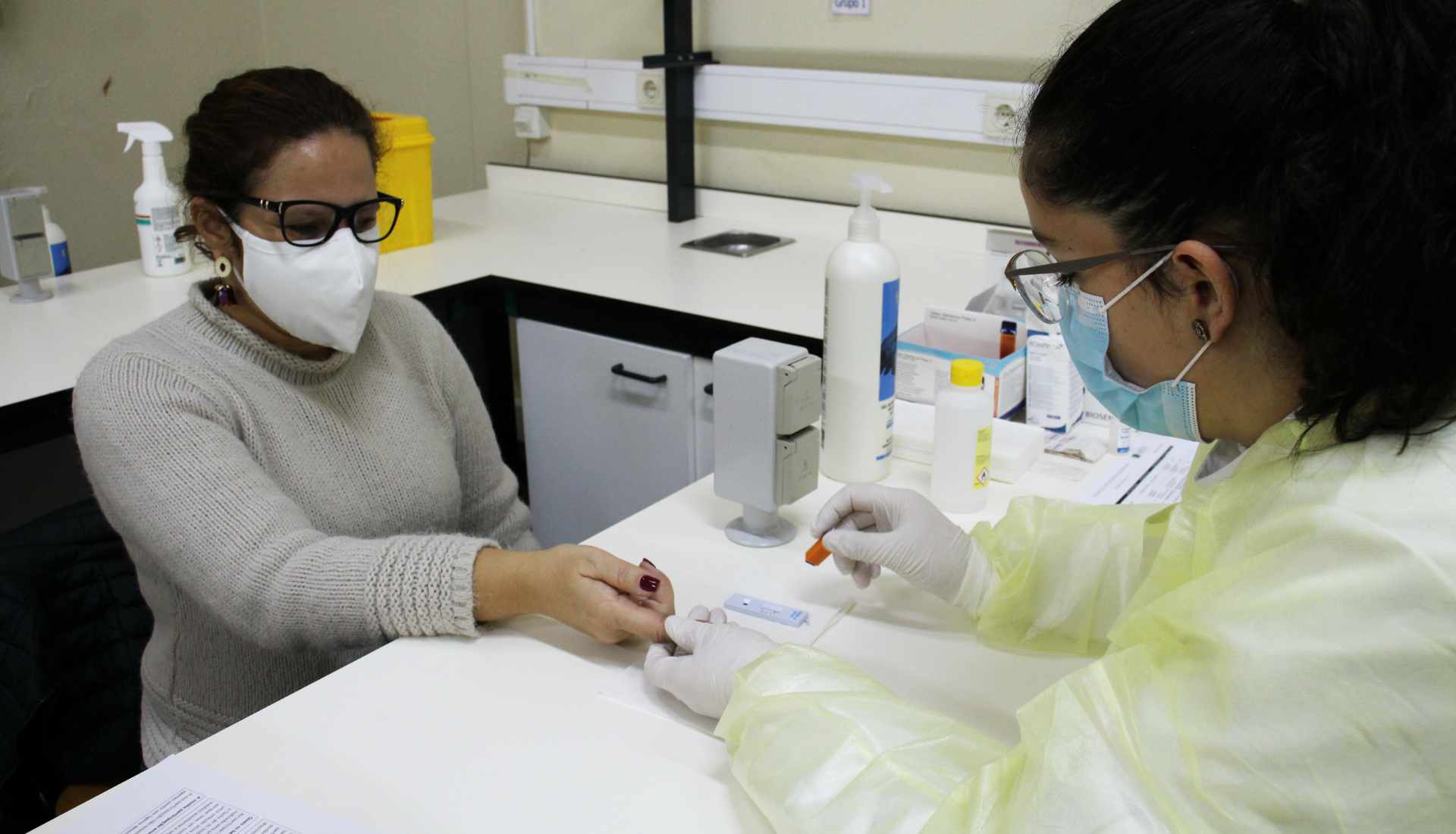Older women have reported a greater concern for their health and that of their loved ones, and are also the ones that mention being more afraid of being infected and who say they know more people who have died from COVID-19. Older women also had fewer negative feelings of sadness, despair, depression and anxiety and less difficulty coping with the current situation than younger women.
On a particular note, women with children up to the age of 10 were more frequently referred to healthcare facilities during the study period and more frequently tested for SARS-CoV-2 infection.
These are some of the new results disclosed in the report of the study Diaries of a Pandemic, which presents the testimonies of Portuguese women who participated in the survey regarding the first year of the COVID-19 pandemic.
These are some of the new results disclosed in the report of the study Diaries of a Pandemic, which presents the testimonies of Portuguese women who participated in the survey regarding the first year of the COVID-19 pandemic.
The research, conducted by the Instituto de Saúde Pública da Universidade do Porto (ISPUP) and the Instituto de Engenharia de Sistemas e Computadores, Tecnologia e Ciência (INESC TEC) in partnership with the newspaper PÚBLICO, began its second phase on February 3rd, 2021.
3674 people signed up to take part in the second phase of the study and filled in more than 65,000 questionnaires by March 5th, 2021. The analysis included data from 2636 women, aged 18 to 60 or older, who responded to the first questionnaires proposed under this phase of the study.
Older women more concerned over their health and that of their loved ones
Overall, more than half (54%) of women aged 60 and over indicated that they were always, almost always or often concerned about their health or that of their loved ones in February 2021. But 48% of the participants in the study aged between 30 and 39 also reported having this concern.
The research also showed that women aged 50 to 59 were most likely to say they personally knew someone who had died from COVID-19. These participants, along with women aged 60 and over, indicated having a greater fear of being infected.
Regarding well-being, the negative feelings of sadness, despair, depression, and anxiety, as well as a difficulty in coping with the current situation were more frequent among younger women over older women.
The feeling of frustration for not being able to fulfil their daily routines was more frequent among women aged between 30 to 39 years old (49%) and among those with children up to 10 years old in the household.
Hospital visits: less frequent among women over 60 and more common among those with children up to 10 years old
In regards to the use of health care, the newly released report indicates that older women (aged 60 years or more) visited hospitals less often for reasons related to COVID-19 (only 2% did so), compared to younger participants (aged between 30 and 49 years) and those with children up to 10 years old.
Regarding the use of the SNS24 Line, it was observed, since March 2020, that more than a third of women up to the age of 49 contacted this line for reasons related to COVID-19, whereas only 17% of participants aged 60 and over did so. Compared to women who do not have children, those with children contacted the SNS24 Line more frequently.
As far as remote contact with their general practitioner goes, women in younger age groups, including those with children, mentioned using this type of service more frequently than older women.
Overall, in-person visits to healthcare centres for COVID-19 related reasons were far less frequent than remote consultations.
More high-risk contacts among younger women
Younger women (under 30 years old) were likeliest to report having had personal contact with a suspected case of SARS-CoV-2 infection since March 2020, and were also the most likely to have needed to be in quarantine at least once following a risk contact, compared with participants in other age groups.
Since the beginning of the study, women aged 18-49 years, with or without children in the household, were most frequently tested for SARS-CoV-2 infection (PCR), while older participants (aged 60 or over) were least frequently tested for infection.
The number of positive tests for COVID-19 among participants in the Diaries of a Pandemic was relatively constant in all age groups up to 59 years, being lower among women aged 60 and over (only 3.8% had a confirmed diagnosis). Younger women were also the ones who mentioned having a higher number of infections in their household, in contrast to participants aged 60 and older, who indicated having had fewer cases of confirmed infection in the household.
Detailed information on these results can be found in this report.
Continue to participate in the Diaries of a Pandemic!
The study Diaries of a pandemic began its second phase on February 3rd, 2021 and has since then been collecting information on how the Portuguese people act in relation to a set of situations that may influence the course of the COVID-19 pandemic in Portugal.
To produce relevant scientific knowledge in this area, we need your collaboration. So, continue to participate by dedicating 5 minutes of your time to answer the questions in our survey: https://diariosdeumapandemia.inesctec.pt/
Image: Unsplash/Christina @ wocintechchat.com



